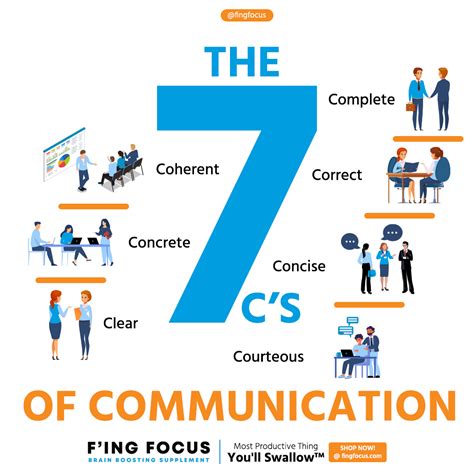Effective group communication is crucial for success in various aspects of life, including personal and professional settings. When individuals with different backgrounds, experiences, and perspectives come together to achieve a common goal, effective communication is essential to ensure that everyone is on the same page. In this article, we will discuss the 7 essential skills for effective group communication.

Effective group communication is a two-way process that involves both sending and receiving information. It requires individuals to be aware of their own communication style, as well as the styles of others, to ensure that messages are conveyed clearly and understood correctly.
1. Active Listening
Active listening is a critical skill for effective group communication. It involves fully concentrating on what the other person is saying, understanding their perspective, and responding thoughtfully. Active listening requires individuals to be present in the moment, avoid distractions, and maintain eye contact with the speaker.

Some tips for active listening include:
- Give the speaker your undivided attention
- Avoid interrupting or planning your response while the other person is speaking
- Use nonverbal cues such as nodding or making eye contact to show you are engaged
- Paraphrase or summarize what the speaker has said to ensure understanding
2. Clear and Concise Communication
Clear and concise communication is essential for effective group communication. It involves conveying messages in a way that is easy for others to understand, avoiding ambiguity and confusion. Clear communication requires individuals to be aware of their audience, tailor their message accordingly, and use simple language.

Some tips for clear and concise communication include:
- Use simple language and avoid jargon or technical terms that others may not understand
- Be aware of your audience and tailor your message accordingly
- Use nonverbal cues such as body language and facial expressions to convey your message
- Avoid using ambiguous language or making assumptions
3. Nonverbal Communication
Nonverbal communication is a vital aspect of group communication. It involves conveying messages through body language, facial expressions, and tone of voice. Nonverbal communication can convey just as much information as verbal communication and can often reinforce or contradict verbal messages.

Some tips for effective nonverbal communication include:
- Maintain eye contact with the speaker or audience
- Use open and confident body language such as uncrossing your arms or standing up straight
- Use facial expressions to convey emotions and empathy
- Be aware of your tone of voice and avoid coming across as aggressive or confrontational
4. Emotional Intelligence
Emotional intelligence is the ability to recognize and understand emotions in yourself and others. It is essential for effective group communication, as it allows individuals to navigate complex social situations, manage conflicts, and build strong relationships.

Some tips for developing emotional intelligence include:
- Practice self-awareness and recognize your own emotions
- Be empathetic and try to understand the perspectives of others
- Develop effective conflict resolution skills
- Practice active listening and ask open-ended questions
5. Conflict Resolution
Conflict resolution is an essential skill for effective group communication. It involves managing and resolving conflicts in a constructive and respectful manner. Conflict resolution requires individuals to be aware of their own emotions, listen actively to others, and seek common ground.

Some tips for conflict resolution include:
- Stay calm and composed, even in the face of adversity
- Listen actively to the other person and try to understand their perspective
- Avoid taking things personally and focus on finding a solution
- Seek common ground and look for mutually beneficial solutions
6. Adaptability
Adaptability is the ability to adjust to changing circumstances and navigate uncertainty. It is essential for effective group communication, as it allows individuals to be flexible and responsive to the needs of others.

Some tips for developing adaptability include:
- Be open-minded and willing to consider different perspectives
- Be flexible and responsive to the needs of others
- Practice active listening and ask questions to clarify expectations
- Be willing to pivot and adjust plans if necessary
7. Cultural Competence
Cultural competence is the ability to understand and appreciate cultural differences. It is essential for effective group communication, as it allows individuals to navigate diverse social situations and build strong relationships with people from different backgrounds.

Some tips for developing cultural competence include:
- Be aware of your own cultural biases and assumptions
- Educate yourself about different cultures and traditions
- Practice active listening and ask questions to clarify expectations
- Be respectful and open-minded in your interactions with people from different backgrounds
Gallery of Effective Group Communication






FAQs
What is effective group communication?
+Effective group communication is the process of exchanging information, ideas, and messages within a group to achieve a common goal.
Why is active listening important in group communication?
+Active listening is essential in group communication because it helps ensure that messages are conveyed clearly and understood correctly.
How can I improve my conflict resolution skills in group communication?
+You can improve your conflict resolution skills by staying calm, listening actively, and seeking common ground.
In conclusion, effective group communication is crucial for success in various aspects of life. By developing the 7 essential skills discussed in this article, individuals can improve their communication skills and achieve their goals.
